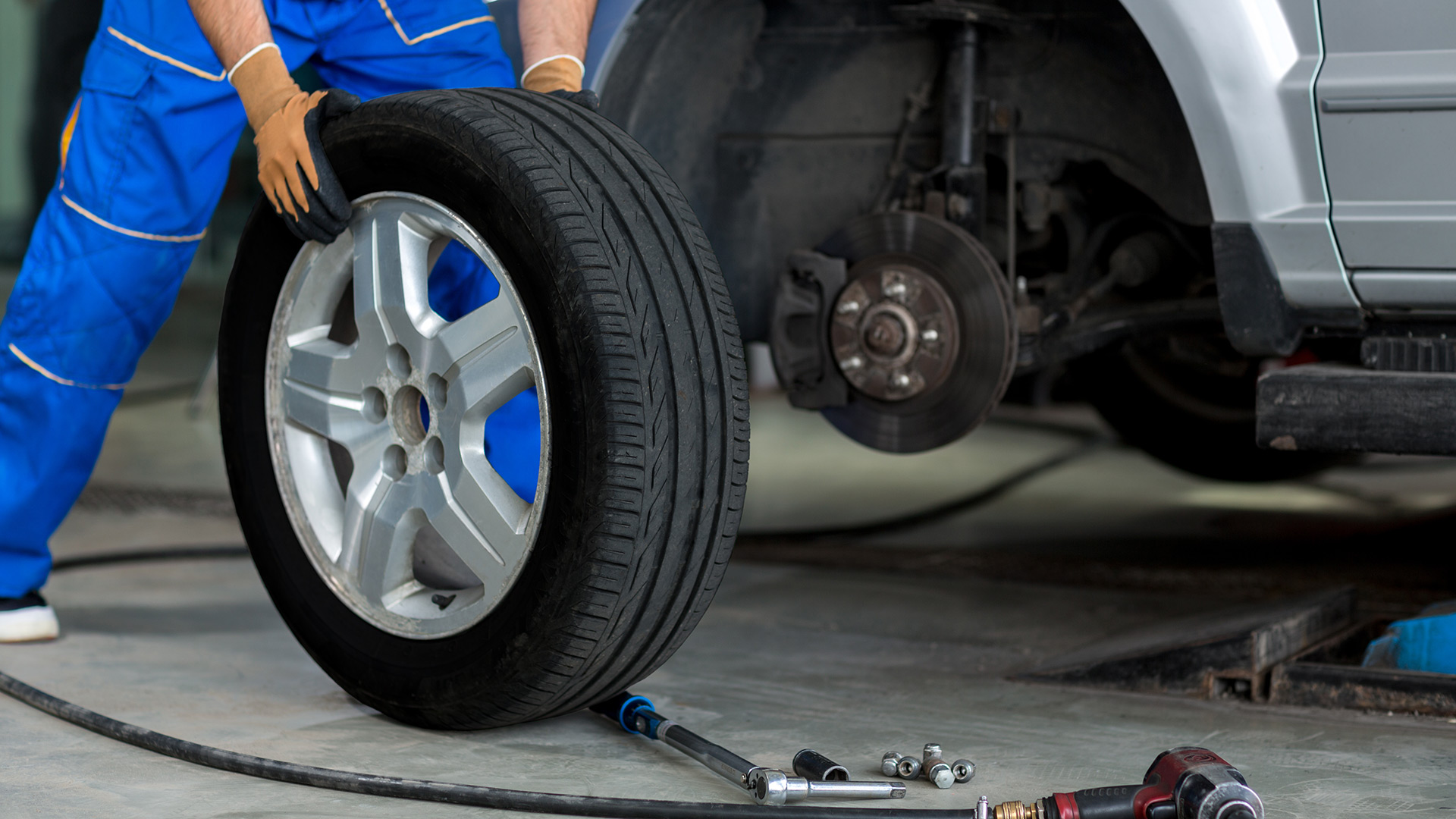Tires are one of the most important components on your vehicle and play an integral role in your safety while you’re out on the road. Unfortunately, they’re also one of the most ignored components and oftentimes car owners don’t pay them any attention until it’s too late. There’s a good reason why you see so many cars on the side of the road with flat tires.
A lot of this comes from the lack of education about tires and how to properly care for them. After all, dealerships don’t exactly give you all the information you need to know to care about your car — they would rather you visit their service department. Now, not only are tires important to your safety and the safety of others sharing the road with you, they’re also quite expensive to replace. That means you want to get as much mileage out of them as you safely can.
Below are 20 facts we feel every vehicle owner should know about tires. It won’t take you that long to read through them and hopefully you’ll learn a few things on how to properly care for your tires.
1. The tires on your vehicle are the only part that comes in contact with the road — that means they are critical to safety, performance, and efficiency.
2. Proper tire inflation is essential for optimal performance, fuel efficiency, and safety. Driving on overinflated or underinflated tires can have negative effects.
3.The tread depth of your tires is important since it affects traction and braking performance, especially in wet or icy conditions. If you notice that your tires have excessively worn tread, they should be replaced immediately.
4. If your tires can be rotated, proper tire rotation helps ensure even wear and will extend the life of your tires.
5. Don’t fall into the misconception that tires only get worn when driven. Even if you don’t drive a lot of miles, your tires can degrade over time. So even if they have plenty of tread left, they should be replaced after six to 10 years.
6. Your tire’s load index or load rating will let you know whether it can safely carry the weight of your vehicle.
7. The tire’s speed rating indicates the maximum speed it can safely handle. You should always purchase tires with a speed rating that matches your vehicle’s performance.
8. Learning about all the different tire types is important, since you want to choose the right type for your vehicle and driving needs. All-season tires may seem like the perfect option for most drivers, but many all-season tires actually offer poor performance in heavy snow and ice — for that, you want proper winter tires.
9. The type of tire you use also impacts fuel economy. For example, there are low rolling resistance tires that can improve your MPG while sacrificing a bit of performance (grip and traction).
10. Always routinely check your tires for any signs of damage or improper wear. Catching these issues early on can avoid a potential blowout while driving, or worse, an accident.
11. The best way to ensure your tires wear evenly and perform optimally is to get a proper alignment and balance at a tire shop you know and trust.
12. Driving on improperly inflated tires or tires with low tread can increase the risk of hydroplaning in wet conditions.
13. Tire pressure changes with temperature, so it’s important to check your tire pressure regularly. This is especially important if it’s gets cold, as your tires could be underinflated.
14. Use caution when transporting cargo with your vehicle. Overloading it can increase the risk of a tire blowout.
15. Avoid sudden starts, stops, and turns if you want to maximize the life of your tires.
16. Driving at high speeds or on rough roads can increase wear and tear on your tires.
17. For best performance and safety, you should always get tires that are properly sized for your vehicle.
18. If you have to store seasonal tires, proper tire storage will help extend their life and protect them from damage when they’re not being used.
19. When shopping for replacement tires, stick to reputable brands even if you’re on a budget. There are plenty of quality, affordable options out there — don’t just get the cheapest tires you can find.
20. Lastly, clean your tires! They get really dirty and shouldn’t be neglected.
